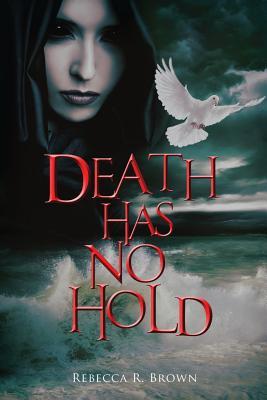Being queen of Teylia Island did not satisfy Lucienda Vaneesia Lamont's lust for power, and glory. She took pride in controlling and manipulating lives. Anyone who opposed her was punished. Four individuals, in particular, were the primary recipients of her wrath - her oldest daughter, Natalie, who became a Christian, married a commoner and turned her back on her mother and the throne - her daughter's husband, Edward, who influenced Natalie's decisions, Will Malroy, the father of Lucienda's two children and Gillis Tavish Rouseau, her husband.
Not only did she pour her wrath upon them while she lived, but set things in order to torment them after she was dead and gone. She seemed to have tentacles that could reach from the grave.
Had she and her god not proven their superiority to the God of her daughter and her husband in succeeding to take their lives while they lived, and in death forever? Or was there something she had not figured on, something that could use her own accomplishments against her?
Could death seal the fates of her victims or did death itself have no hold?

Being queen of Teylia Island did not satisfy Lucienda Vaneesia Lamont's lust for power, and glory. She took pride in controlling and manipulating lives. Anyone who opposed her was punished. Four individuals, in particular, were the primary recipients of her wrath - her oldest daughter, Natalie, who became a Christian, married a commoner and turned her back on her mother and the throne - her daughter's husband, Edward, who influenced Natalie's decisions, Will Malroy, the father of Lucienda's two children and Gillis Tavish Rouseau, her husband.
Not only did she pour her wrath upon them while she lived, but set things in order to torment them after she was dead and gone. She seemed to have tentacles that could reach from the grave.
Had she and her god not proven their superiority to the God of her daughter and her husband in succeeding to take their lives while they lived, and in death forever? Or was there something she had not figured on, something that could use her own accomplishments against her?
Could death seal the fates of her victims or did death itself have no hold?